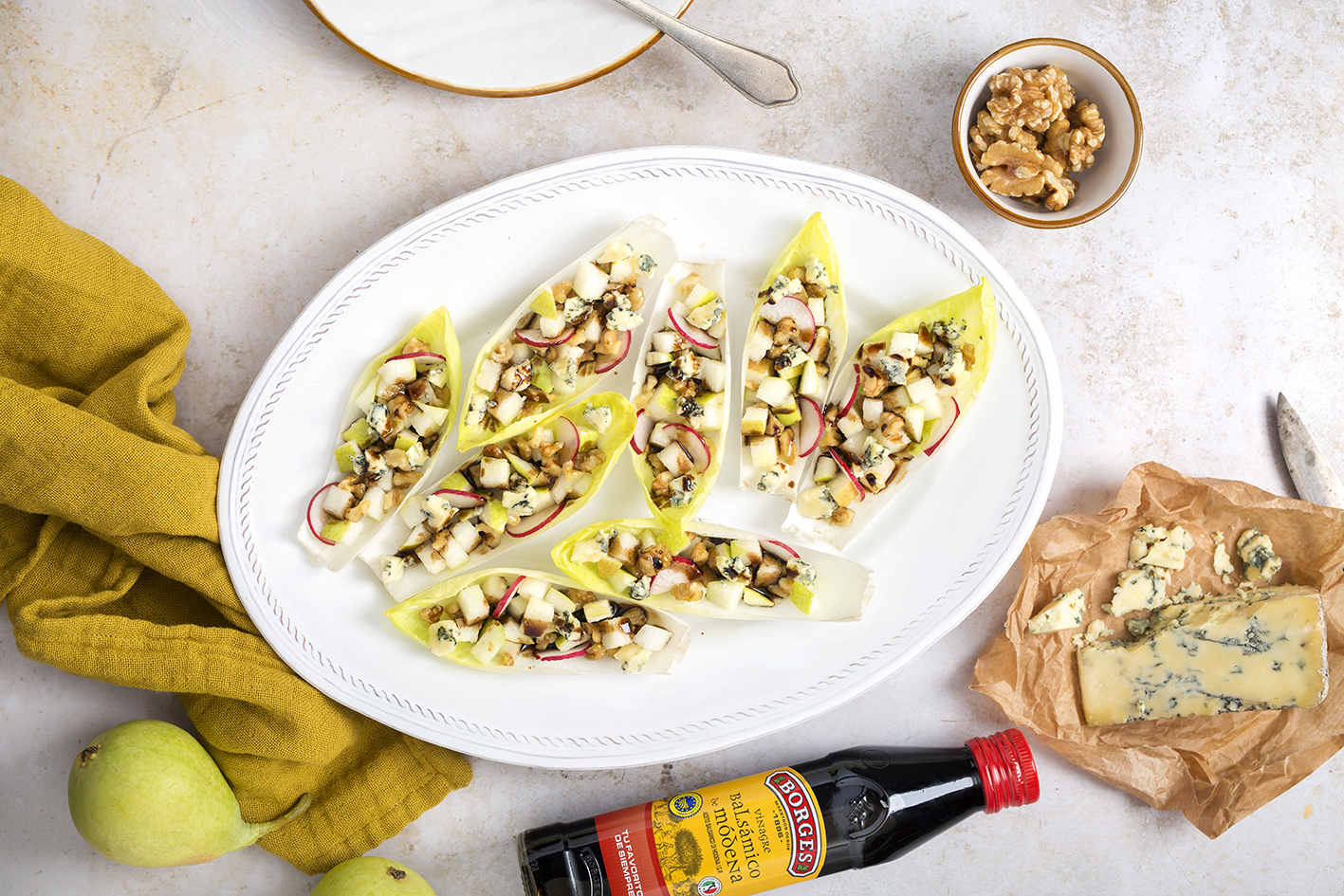After showing that the Mediterranean diet helps reduce the risk of cardiovascular diseases, the PREDIMED study has more good news to share. Now, part of the same Spanish research group has shown that the benefits of the Mediterranean diet also extend to the brain.
The conclusions published in the Journal of Neurology, Neurosurgery and Psychiatry suggest that this diet, enriched with extra-virgin olive oil, can help slow down cognitive decline in old age.
The authors of this paper, led by Miguel Ángel Martínez, at the Department of Preventive Medicine and Public Health at the University of Navarre, monitored a group of 522 people (aged 55–80) selected from the more than 17,000 participants in the PREDIMED study.
This smaller, control group underwent several tests to assess their thinking skills and detect any signs of cognitive decline, including the Mini-mental and the Clock-drawing test to assess their memory, orientation, abstract thought and attention spans.
After 6½ years of monitoring, the incidence of both mild cognitive decline and dementia was significantly lower in the two groups following a Mediterranean diet: one supplemented with extra-virgin olive oil; the other, with nuts. Cognitive function and performance were also higher.
Polyphenols are key
This is the first time that such a wide-ranging, random test has shown benefits on the brain.
During the study, consumption of extra-virgin olive oil was linked to higher scores in verbal memory tests. Martínez pointed out that one of the mechanisms that might be at work here could be that fact that extra-virgin olive oil helps the brain eliminate the beta-amyloid protein, which plays a key role in Alzheimer’s disease.
In addition, eating nuts was linked to improved working memory, and moderate wine consumption boosted global cognitive function.
All these food and drinks are rich in polyphenols, highly bioactive molecules with antioxidant effects.
The kings of the polyphenols
Foods rich in polyphenols include:
- Pulses and vegetables such as lentils, peas and soya, which possess polyphenols such as flavonoids.
- Tea and wine possess catechins.
- Red and purple fruit and vegetables such as beetroot and aubergine, which possess quercetin, kaempferol and hesperetin, as well as grapes, strawberries, raspberries, pomegranates and cranberries.
- Tomato, onion, garlic and peppers, which contain quercetin and myricetin.
- Buckwheat and other wholegrain cereals, as well as nuts and seeds.
- Chocolate, cocoa, mate, beer and olive oil also contain different kinds of antioxidant polyphenols, including tannins, gallocatechins and resveratrol.
As you can see, the Mediterranean diet (packed with food rich in polyphenols), together with extra-virgin olive oil, significantly improves cognition in old age.


